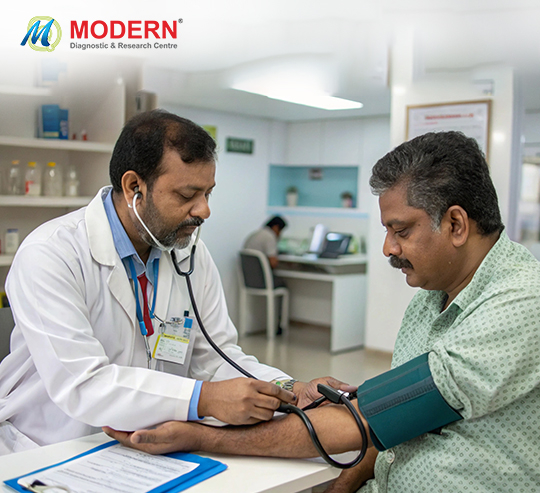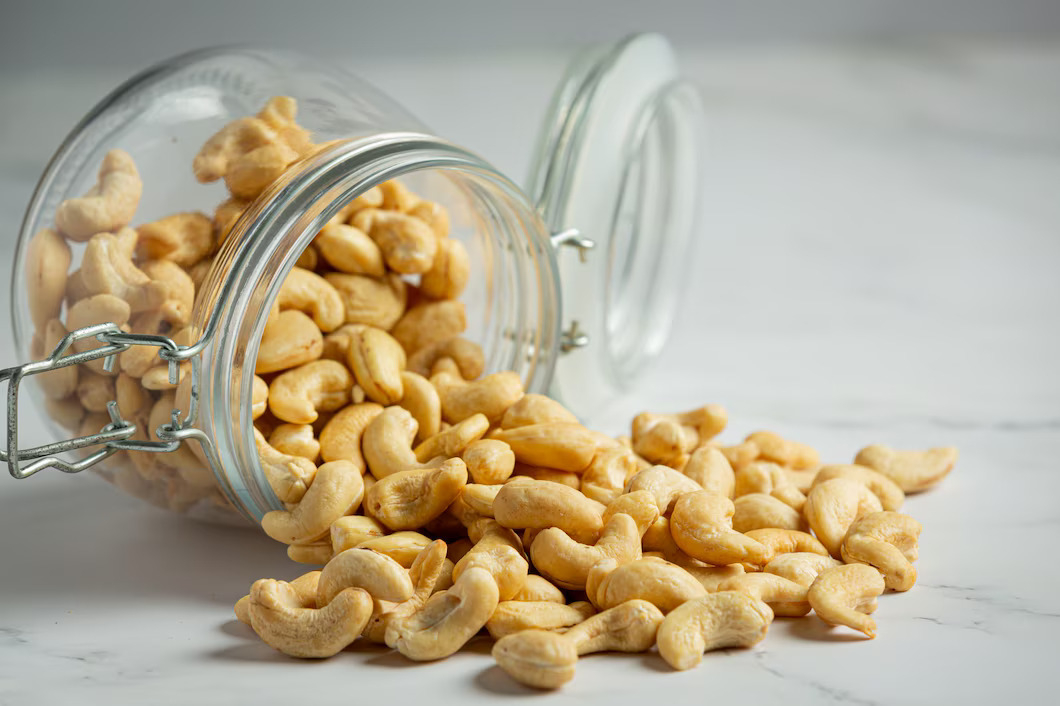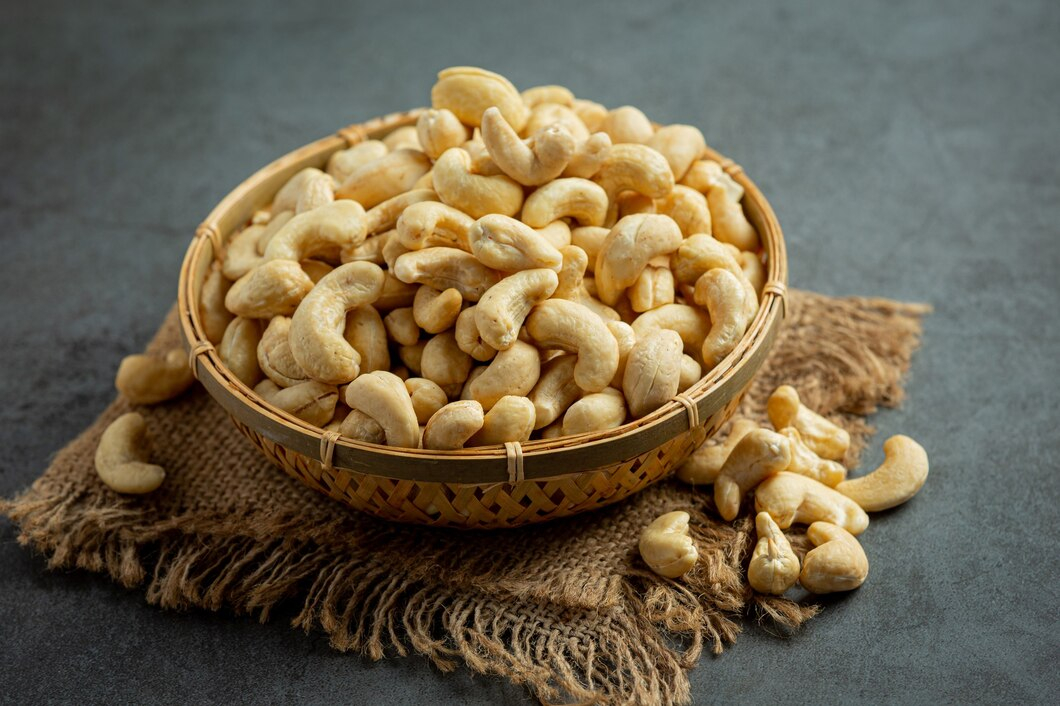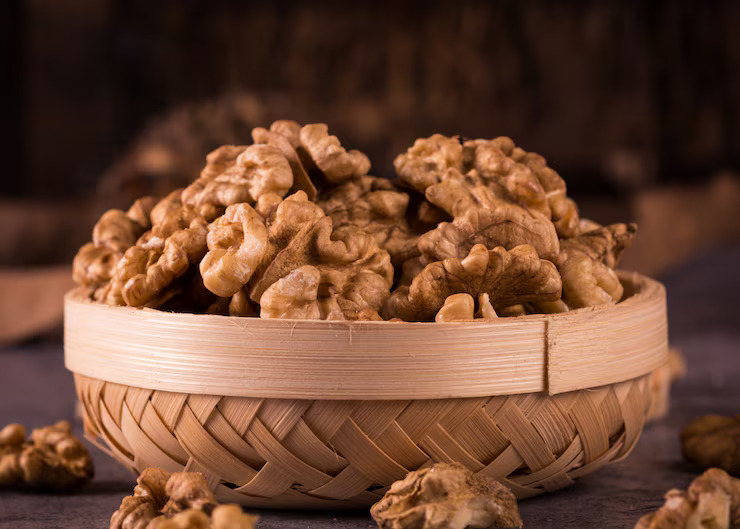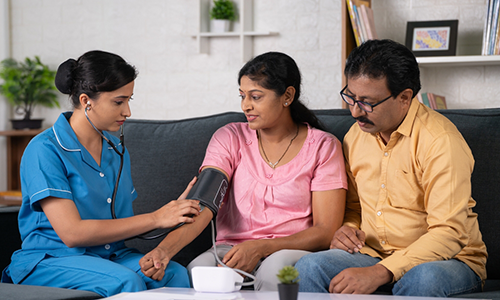We all enjoy the monsoon season; it gives us the relief from the scorching heat of summer. In India, Monsoon starts in the last week of May and can last till September. When it rains, it gives brief relief from the heat but the weather remains humid, an ideal condition for germs to flourish and a perfect breeding time for mosquitoes. Monsoon is fun and thrills but unfortunately at the same time, cases of vector diseases like malaria, dengue, and chikungunya are also on the rapid rise. There are some water-borne diseases like typhoid, diarrhea, cholera, hepatitis, and leptospirosis are also on the rise. Monsoon in India means a lot of things for different people; for a farmer it is relief and insurance of a healthy crop, for some revived greenery and breathtaking scenery, for poet, it reminds a romantic scene when clouds show their love for the earth. Monsoon is romanticized in our poetry, music, films, and culture but amidst all the charm and fascination, there is a hidden risk of potential diseases. Therefore, we need to enjoy the monsoon but also take the right measures to prevent these threats to our health and take care of our health.
Common monsoon diseases in India -
Monsoon relieves us from the scorching heat or heat waves that hit our country in summer but it bring many diseases. Let’s take a look at the common monsoon diseases that affect our well-being -
• Malaria – During monsoon water clogging is a common sight in our surroundings which acts as a perfect breeding ground for mosquitoes that cause malaria. The symptoms of this disease are high fever, body chills, shivering, excess sweating, and severe anemia. It is important to address these symptoms at the earliest and get proper treatment because the severe form of malaria is cerebral malaria which leads to death among malaria patients and other complications can also occur like renal failure, jaundice, and respiratory disorder.
• Dengue – Every year dengue causes many deaths in India.it is spread by female Aedes mosquitoes that usually bite during daytime or before dusk. These female mosquitoes need blood to nourish their eggs for breeding. The symptoms of this disease are high fever and body aches, and you may also experience excess sweating, headaches, nausea, vomiting, and pain behind your eyes, rashes, fatigue, and low blood pressure. There is the risk of low platelet count in your blood which needs to be addressed before it becomes fatal.
• Chikungunya – This Disease is also spread by mosquitoes hence the risk of chikungunya also increases in the rainy season. This disease is also carried by the same Aedes mosquitoes that can grow in overhead tanks, water coolers, plants, and water pipes. The complications of this disease are joint pain, high fever, body chills, fatigue, and inflammation of the retina, heart muscles, liver, and kidneys.
• Typhoid – Typhoid is caused by bacteria that spread through contaminated water and food consumption, making it such a serious threat during monsoon season. High fever, weakness, stomach pain, fatigue, and loss of appetite are some of the common symptoms of typhoid.
• Cholera – Water-borne disease spread through contaminated water, cholera thrives in the rainy season. Symptoms of cholera are diarrhea and dehydration.
• Hepatitis A – another water-borne disease that is common during monsoon because of the unsafe drinking water. This disease causes fever, jaundice and abdominal pain.
• Leptospirosis – this is a common disease that affects flood-affected areas. This is a bacterial infection that requires medical attention.
Proactive measures to prevent monsoon diseases -
- Environmental cleanliness is a major preventive step against monsoon diseases like regular garbage disposal and avoid water clogging in your area.
- Ensure safe drinking water for your family. Many of these diseases only spread because of the consumption of unsafe drinking water.
- Practicing proper food hygiene is an important step against these diseases. It is important to wash your fruits and vegetables properly before consumption.
- Taking personal preventive measures is also important. Use mosquito repellant, and sleep under a mosquito net to prevent any mosquito bites.
- Vaccination is another effective measure against diseases like typhoid and hepatitis A.
- Focus more on eating nutritious food and regular exercise; it helps boost your immune system.
If you have symptoms of any of the monsoon diseases, it is important to get a diagnostic test at earliest to detect the parasite or infection in your blood. So, your condition does not get any worse and it also helps in early recovery as well. We all love and enjoy monsoon season but it is important to keep some preventive measures in mind to avoid any uninvited diseases knocking us down.





